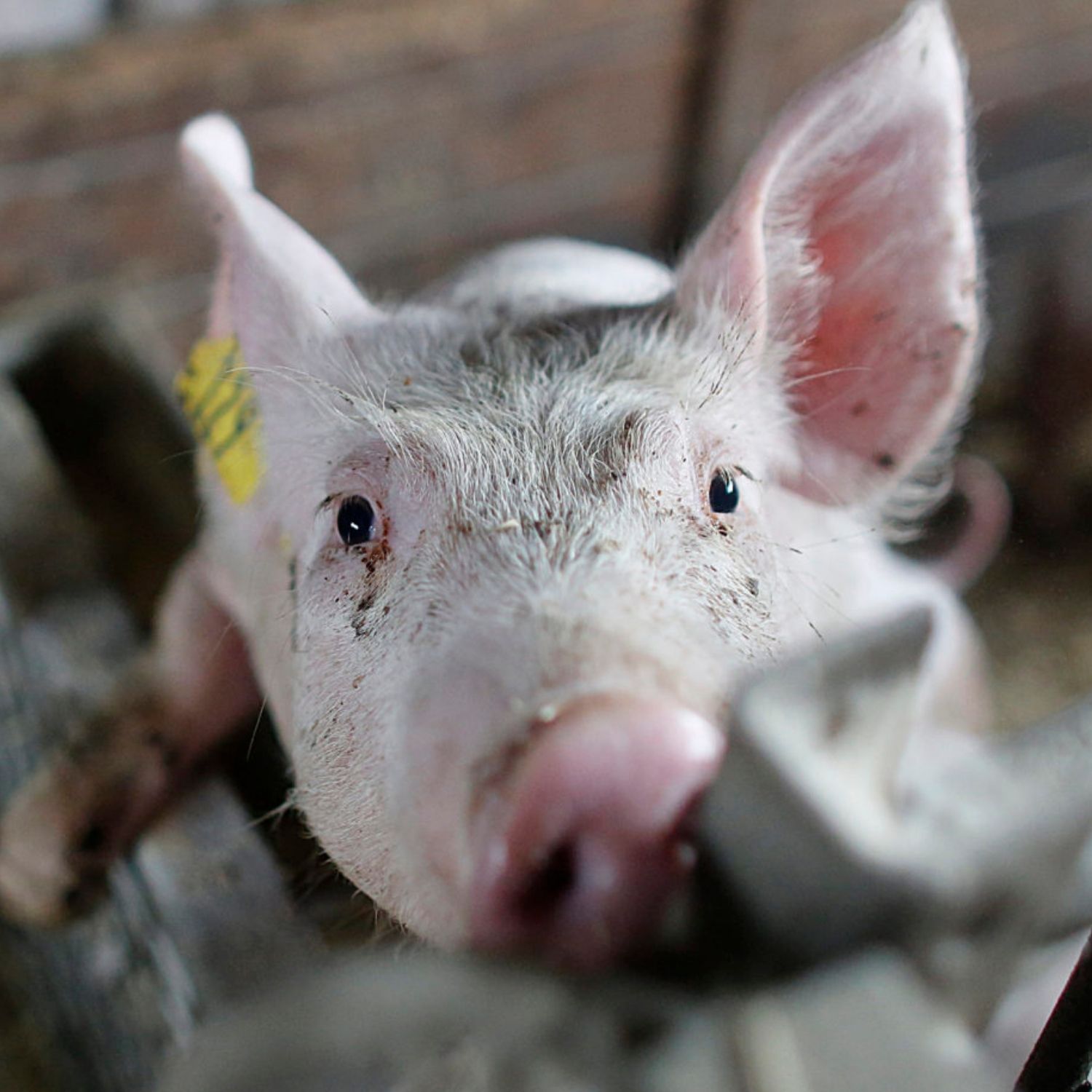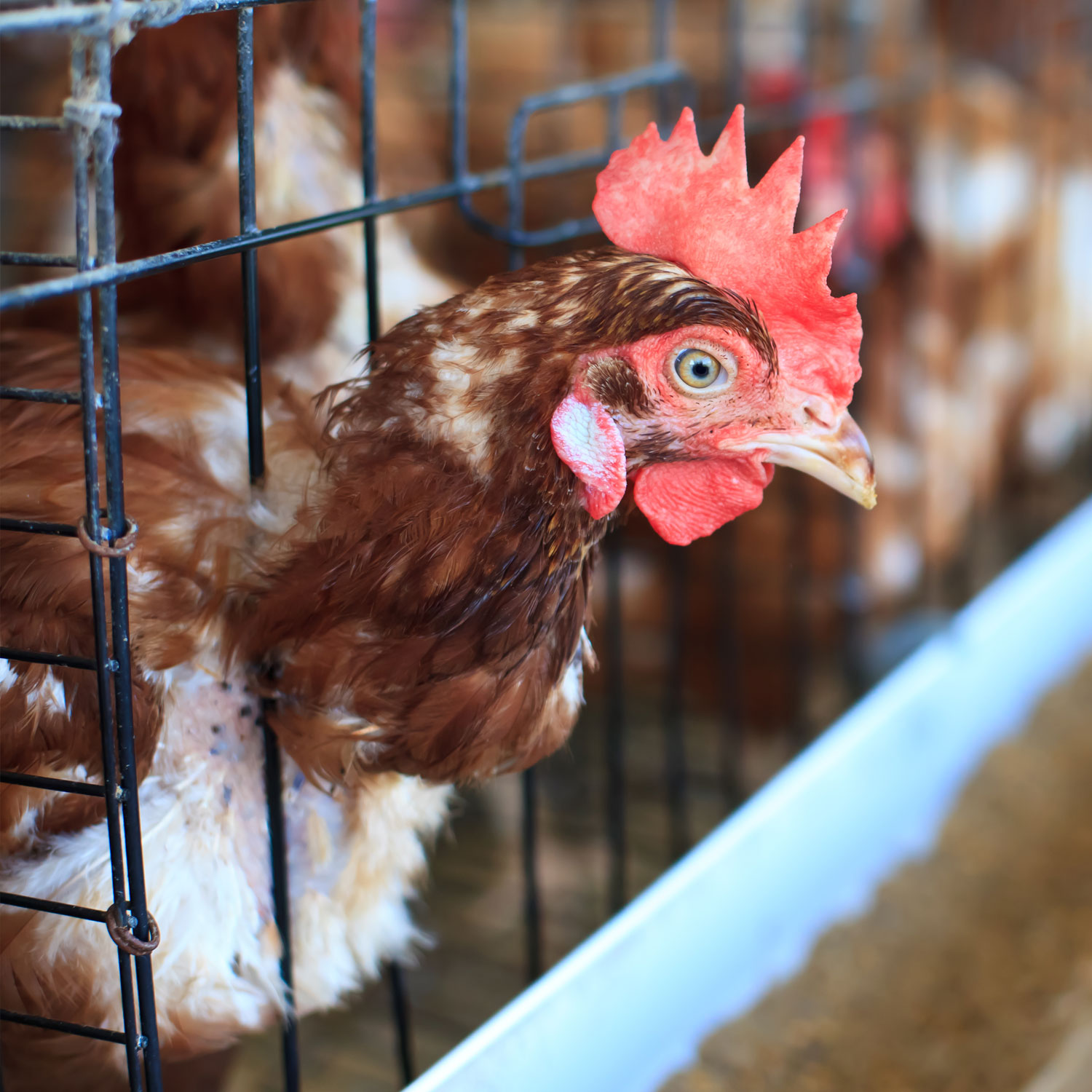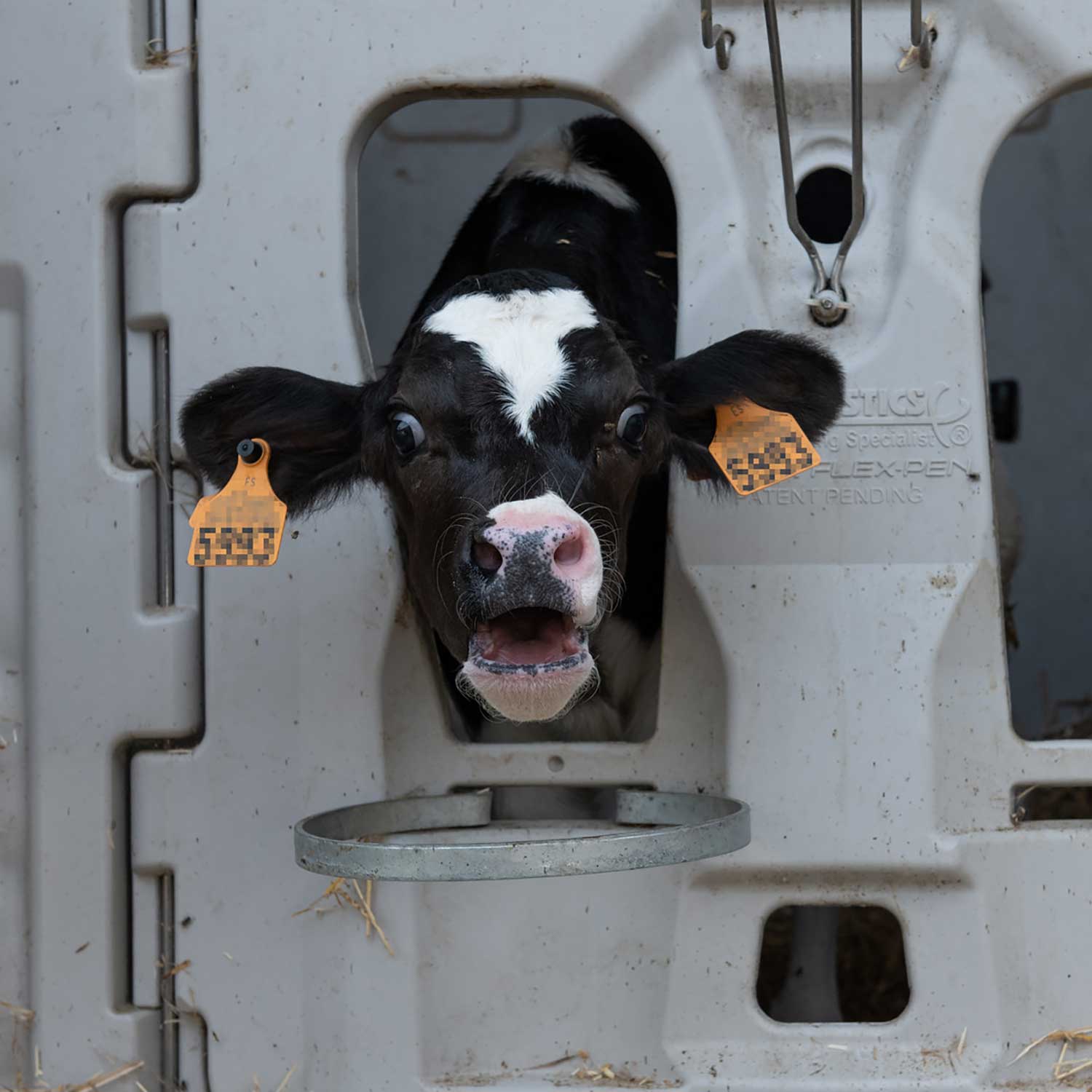How Leafleting Can Help Make the World a Better Place for Animals

Animal Equality has published the results of two studies it commissioned by researcher Estela Díaz in the UK and Spain. The studies helped measure the impact of leaflets, particularly those promoting a plant-based diet, on university students. The key question Animal Equality set out to have answered was this: did our vegan guide influence the attitudes, behavior, and intentions of students? After polling hundreds of students before and after they had received the guide, there are several key takeaways that show how impactful literature and outreach can be at affecting change for animals. In Spain, research occurred at the University of Complutense in Madrid between September 2013 and July 2014. It involved 769 university students – divided into two samples and two control groups. After having received our guide, nearly 10.2% of participants said they intended to try a veg diet the following year, while 5.2% said vegan, and 25.4% intended to reduce their consumption of meat. The study also showed that the amount of time an individual spent reading the leaflet impacted their behavior. In fact, 30% of participants spent more than 5 minutes reading the guide and this group was significantly more likely to have consumed less chicken, pork, veal, and eggs. The same group also presented more favorable attitudes towards vegetarianism and declared their intention to further reduce their consumption of animal products. We also found that more than 28% of people said they were eating less pig, 26% less veal, 24% less fish, and 17.5% less dairy compared to the previous year. When asked to directly rate the guide’s influence on these behavior changes, 50% said the leaflet had an impact on them. Our study in the UK was conducted at the University of York and consisted of more than 800 students. It found that after receiving the guide, nearly twice as many people marked that they “strongly” intend to reduce their consumption of eggs and dairy products. People who read the guide for more than five minutes were also more likely to directly attribute the guide to them wanting to reduce their consumption of eggs and shellfish. However, it’s worth noting that at the University of York, more than 80% of participants had discovered the vegan guide at various places around campus. They were not randomly handed the leaflet. This affected the results of the study because those who chose to pick up the guide may have already been more inclined to support vegetarian or vegan eating habits. Despite this, there are significant data and they reflect a genuine interest in helping animals. According to Eurobarometer (European Commission, 2007), young people (ages 15 – 24) believe they have either minimal (54%) or no (34%) knowledge of how animals are treated, but they have a desire to learn more about the issue (54% in contrast to the 40% who expressed not wanting to learn more.) Leaflets can be an effective tool to help increase awareness around the issues farmed animals face and the solutions that are available to help them.
- 1. Study on leafleting carried out in Spain
- 2. Leaflet used in the Spanish study
- 3. Study on leafleting carried out in the UK
- 4. Leaflet used in the study carried out in the United Kingdom
- 5. Raw data with responses



